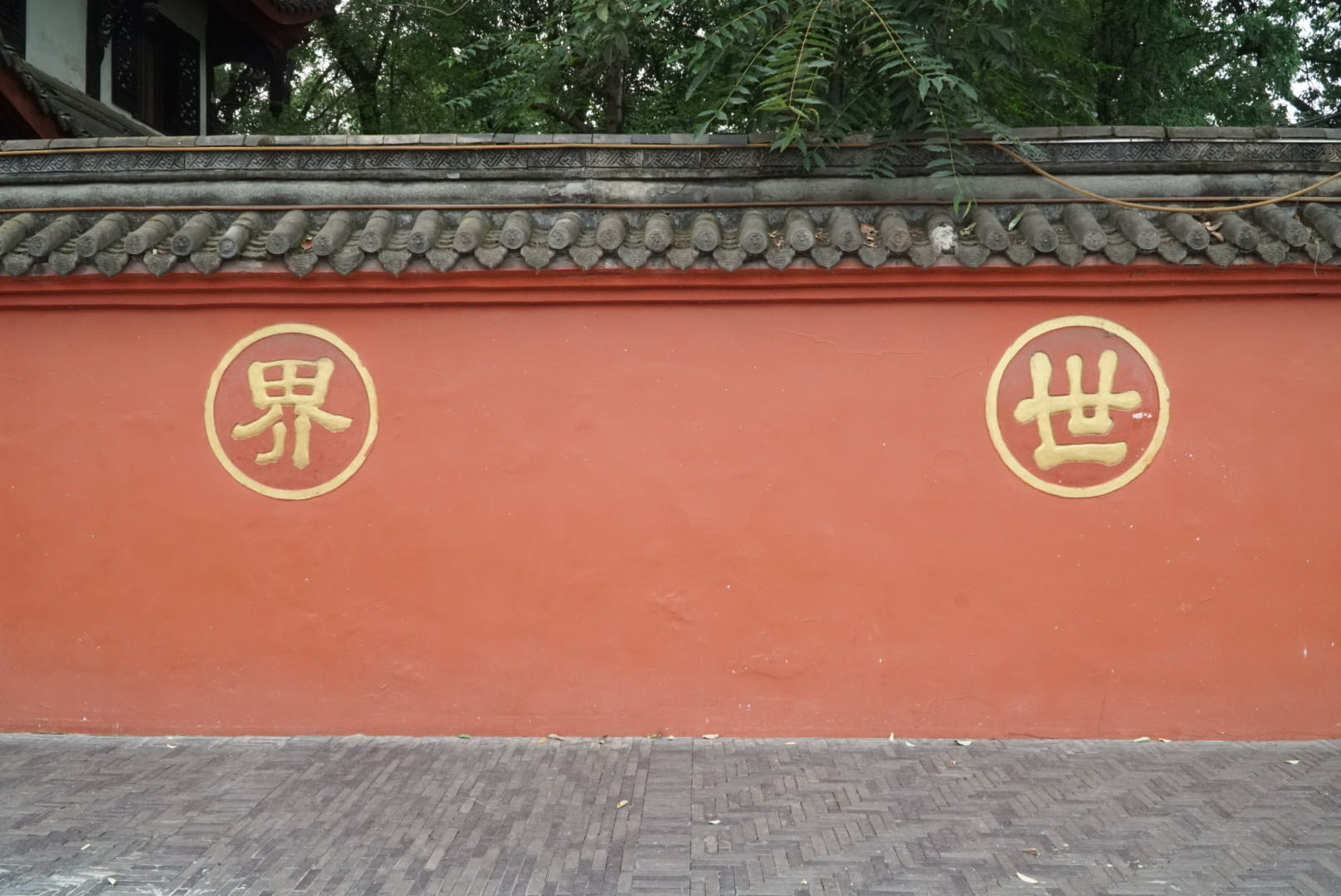Dan Knorr
PhD Candidate, Department of History
“A City of Springs: Local Geography and Imperial Presence in High Qing Jinan”
Thursday, February 15th, 4-6pm,
Social Sciences Tea Room [SSRB 201]
Discussant: Alex Jania [PhD Student, Department of History]
Please join the East Asia: Transregional Histories workshop in welcoming Dan Knorr as he presents a draft of the first dissertation chapter, titled “A City of Springs: Local Geography and Imperial Presence in High Qing Jinan.” He has provided the following abstract:
Since the Ming Dynasty (1368-1644) Jinan has been the capital of Shandong Province in eastern China. Despite its political preeminence in the late imperial period, the city boasted neither of the two most important cultural sites in the province: Mt. Tai, one of the five sacred peaks of China, and Qufu, the ancestral home of Confucius’ descendants. During the Qing Dynasty (1644-1912), visiting these sites were the primary objectives of the Kangxi (r. 1661-1722) and Qianlong (r. 1735-1796) emperors when they passed through Shandong on their eastern and southern tours. However, along the way, both emperors also visited Jinan and expressed their appreciation for the city’s scenery, including its three most famous sites: Baotu Spring, Thousand Buddha/Li Mountain, and Daming Lake. Their patronization of these sites was part of a larger imperial project of solidifying the patrimonial rule of the Manchu Qing Dynasty over the empire through “encompassing” the cultural values of Han elite. The imperial tours and their material legacies, such as steles and scroll paintings, intersected with a corpus of writings about these sites that was preserved and augmented through the successive compilation of local gazetteers (difang zhi). This included Jinan native Ren Hongyuan’s Baotuquan zhi (Records of Baotu Spring), which he compiled in the years between the Kangxi and Qianlong tours.
Focusing on writings about Baotu Spring and its connection to Jinan’s other famous sites, this chapter accomplishes three goals. First, it adds to our understanding of both writing about local sites and scenery and responses to the imperial tours in North China. As the economic and cultural heart of late imperial China, Jiangnan has understandably received considerable attention from scholars like Tobie Meyer-Fong and Michael Chang who have studied the relationship between cultural production and the consolidation of imperial authority under the Qing. This chapter demonstrates that similar processes also played out in northern China, whose beauty some writers even compared favorably to Jiangnan. However, texts about these sites demonstrate that this history was framed in terms of Jinan’s particular position in-between both the capital in Beijing and Jiangnan and the Grand Canal and Mt. Tai.
Second, this chapter demonstrates that local literature was, in fact, a translocal and political production. Compilations of writings about these sites often included and even gave prominence to the voices of writers who were not natives of Jinan. In many cases these writers were officials who worked in Jinan temporarily but left behind literary and architectural impressions on the landscape. Their writings occupied a privileged place in both officially-reviewed gazetteers and the privately-compiled Baotuquan zhi.
Finally, I examine the literary interventions of officials and emperors within the geographic context of Jinan. While the positioning of official yamens in the center of the city, which was itself surrounded by walls, suggests a spatially concentrated projection of imperial power, in fact official patronage and control spilled beyond the city’s walls to Baotu Spring and Thousand Buddha Mountain. Local writers did not, however, treat this as an unwanted imposition on indigenous space. Rather, as suggested above, it was a continuation of a long history of the local landscape – both material and discursive – being produced through the functioning of the state. What was different in the Qing Dynasty was the direct intervention of emperors themselves, which facilitated their personal knowledge of Jinan’s geography and people and the city’s claim to an even greater level of grandeur.
Dan’s Paper can be found at the post below.
As always, first-time attendees are welcome. Light refreshments and snacks will be served.
If you have any questions or require assistance to attend, please contact Spencer Stewart at sdstewart@uchicago.edu or Robert Burgos at rburgos@uchicago.edu
